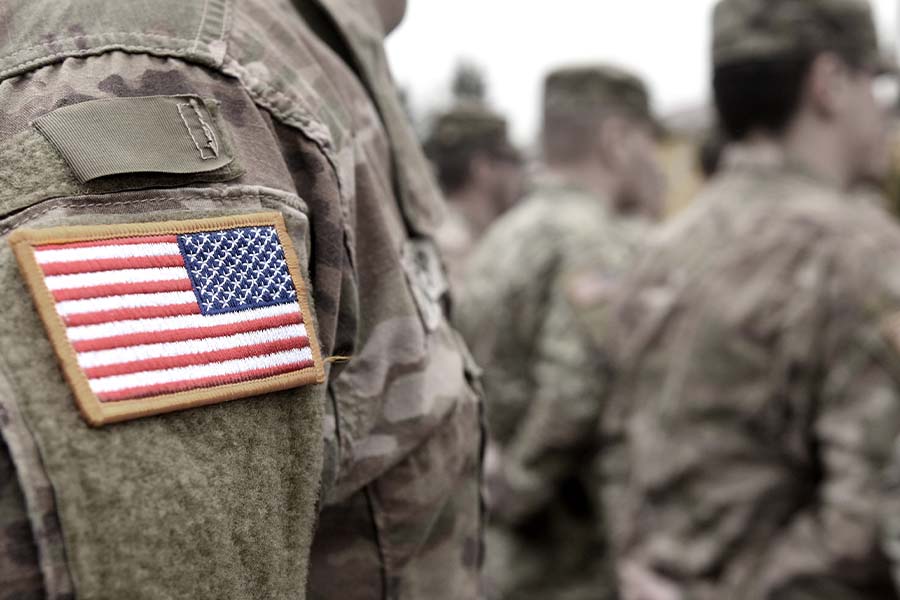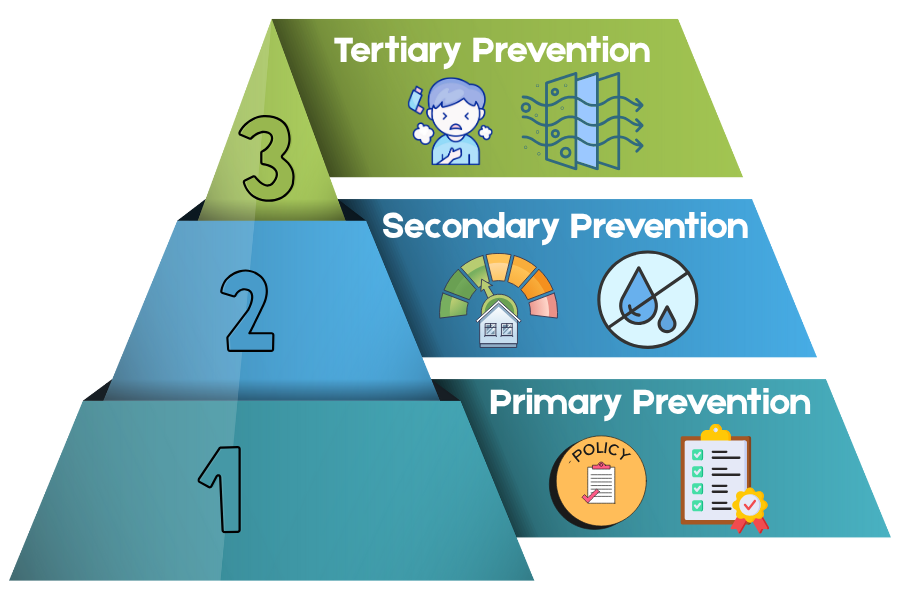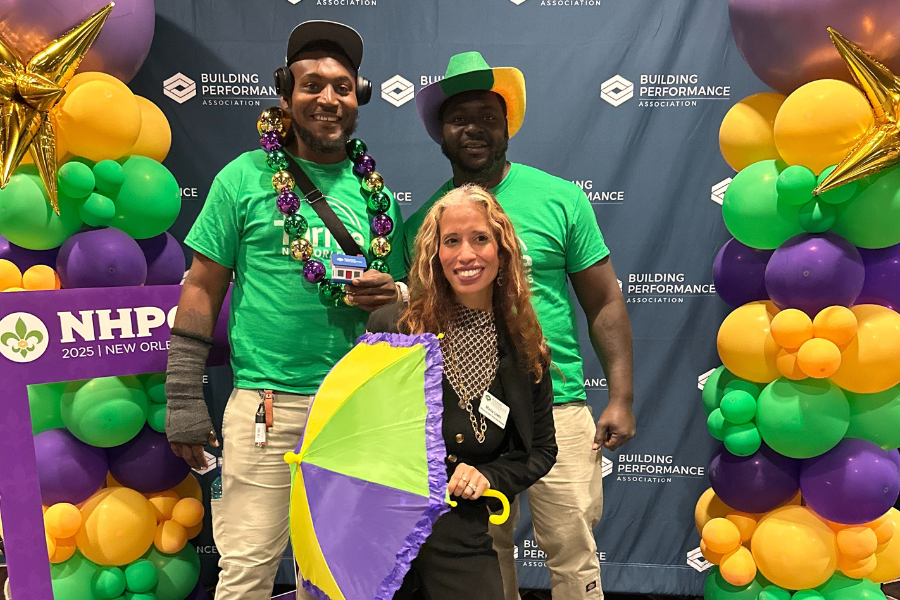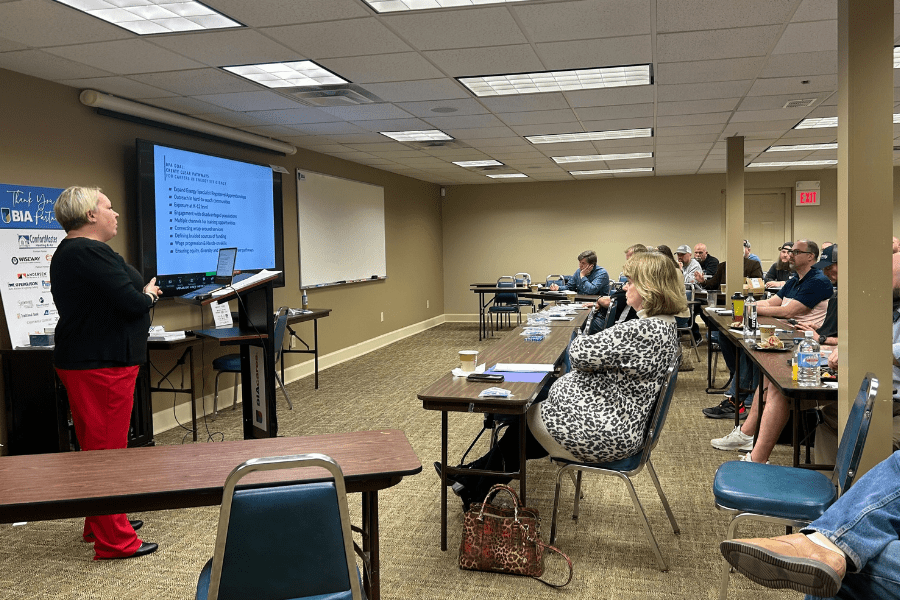Nov 9, 2021
Saluting Veterans in Energy Efficiency
In honor of Veterans Day, I spoke with industry members who served in the military. They all agreed that discipline, learned during their service, led them to their current home performance jobs. They suggest advertising, mentor programs, and outreach to veterans' organizations to attract more veterans to the energy efficiency industry.
By: Macie Melendez

In honor of Veterans Day, I spoke with a few members of our industry who served in the military. While all of them had their own experiences, there was one common thread to our conversations: discipline. It was the discipline they learned during their service that led them to the home performance jobs they have today. Below are our conversations.

Dan Aaron
Colonel, US Army, 1980–2009
Owner, Home Energy Check, LLC
Dan Aaron owns Home Energy Check, LLC, in North Carolina. He is a HERS Rater and certified Building Performance Institute (BPI) Energy Auditor. Home Energy Check provides support services to help homebuilders, contractors, and homeowners achieve energy code compliance and assess performance issues with an emphasis on practical implementation strategies.
Q: How did life in the military prepare you for this work?
A: It instilled discipline, rigor, and the ability to work as part of a team to achieve a goal into my makeup.
Q: Why do you think energy efficiency work is a good fit for veterans?
A: It’s a great business. It’s relatively inexpensive to get started, and it has a quick return on investment for training and equipment. Plus, I get to be my own boss and help make homes more comfortable, durable, and perform better.
Q: What can the industry do to attract more veterans?
A: Advertise and possibly start a mentor program. The word is not really out there. I came to this industry because I started working for Habitat for Humanity on weekends while still on active duty. I enjoyed home building and I eventually secured my general contractor’s license. My brother-in-law was building houses after his retirement, so I started working occasionally with him. Seven years ago, we were surfing around the internet and came across HERS ratings. When I saw it, I thought, ‘You know, I can do that and it’s not a bad idea.’ Further, I did a quick business analysis, which had favorable results and as part of that, I discovered no one was doing home performance in my area. I got trained, bought equipment, and started my company. It took a while to get going, but now I don’t even advertise as word of mouth keeps me busy.
Brian Kendzor
Petty Officer First Class, US Navy, 1979–1994
Owner, Home Perfect
Brian Kendzor owns Home Perfect in Wisconsin. He is a building analyst and healthy homes assessor who transitioned his construction company into an energy efficiency company in 2007 when the recession hit. Home Perfect offers comprehensive energy assessments to help guide homeowners in achieving healthier, more efficient homes.
Q: How did life in the military prepare you for this work?
A: When I was in the military, the energy efficiency industry was not very matured, so, I didn’t have direct training. But the discipline, organization, and leadership that I learned in the military led me to create my own company. It gave me the tools to be a business owner rather than an employee in the industry.
Q: Why do you think energy efficiency work is a good fit for veterans?
A: It’s an expanding industry and a great place for veterans looking to transition back into civilian life. A lot of people in the military are good with their hands and construction. Having that understanding is beneficial in the energy efficiency industry because sometimes you have to imagine what’s behind a wall without being able to see it. Many people coming out of military are detail-oriented and have organizational skills—that becomes an effective skill to have when you’re in people’s homes and writing reports about it.
Q: What can the industry do to attract more veterans?
A: Participate in exit programs. When I exited the service, I went through a program that introduced me to industries and companies looking to hire veterans. If that was energy efficiency, it would give vets an opportunity to be involved. One way I’ve reached out to veterans is through the Wisconsin Chamber of Commerce. We have a big business seminar where we share and talk with other vets and businesses.

Xavier “Zave” Walter
Petty Officer Third Class, US Navy, 1996–2000
State Outreach Coordinator, Building Performance Association
Zave Walter is the newly appointed State Outreach Coordinator for BPA. He lives in West Virginia. His goal for his new position is to help people get to work making homes more comfortable, safe, and efficient by growing the industry through collaborative stakeholder engagement.
Q: How did life in the military prepare you for this work?
A: The military showed me the value of getting up each day and doing the best job I can do. It helped me work within a team and gave me a clear path towards career advancement.
Q: Why do you think energy efficiency work is a good fit for veterans?
A: Military service provides an individual with a basic set of life skills that include attention to detail, pride in your work, and the ability to take on an array of challenges regardless of difficulty or complexity.
Q: What can the industry do to attract more veterans?
A: The home performance industry has made great strides in trying to attract veterans, and through my career I have met many fellow service members who made a great living in our industry. To further this outreach, we must engage with ‘boots on the ground’ in places and with organizations that a veteran may typically go looking. This includes local military career centers, Veterans Affairs, and nonprofits doing the good work helping veterans during their transition process back to civilian life.





